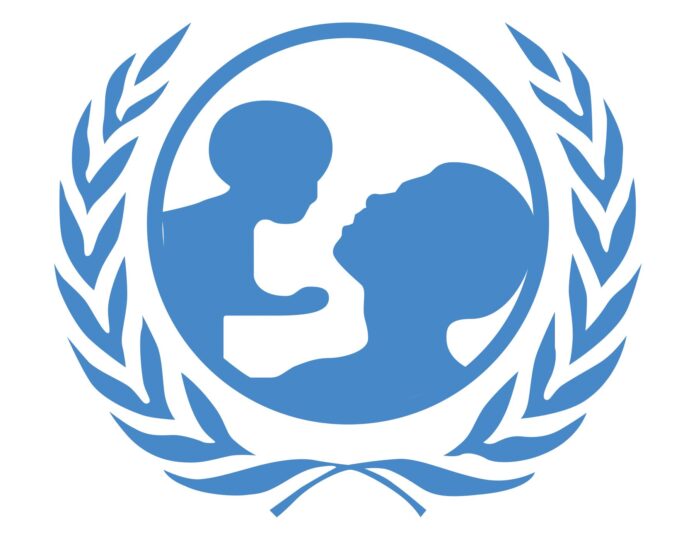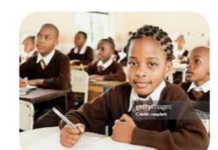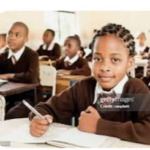By Maiharaji Altine Salah
One of the major abstacles affecting the girl-child education in Sokoto state is street hawking by children of school age.
Majority of children especially girls are withdrawn from schools to the labour market to fend for the whole family through hawking or petty trading.
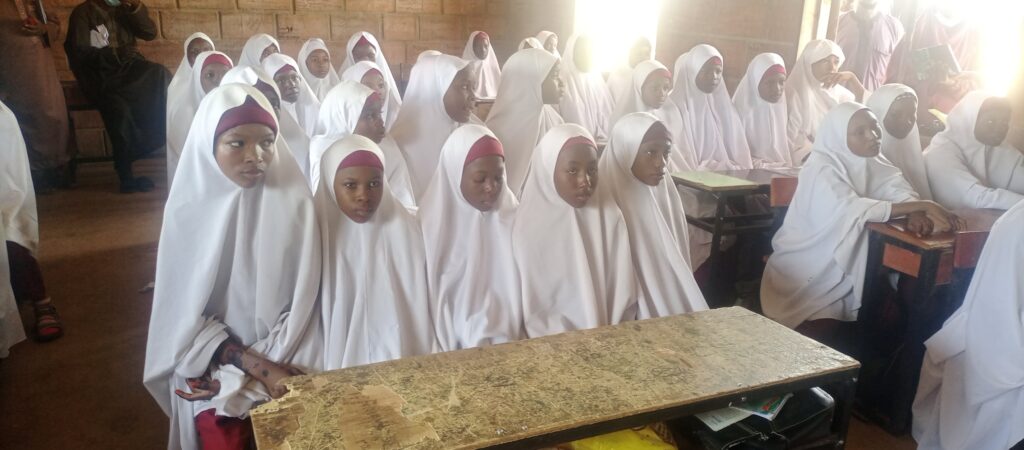
Successive governments have tried to arrest the issue but with little or no success at all.
But with the interventiion of the United Nations Children’s Fund (UNICEF) through the Girls Education Project (GEP), the situation in Sokoto state is now decreasing to the barest minimum.
A visit to some schools in Wurno local government area of the state by a team of Journalists has shown that, following the introduction of the Girls Education Project (GEP) by the UNICEF, funded by some donor agencies like the Foreign, Commonwealth and Development Office (FCDO) of the United Kingdom (UK), many school girls as well as their parents have now realised the dangers of street hawking.
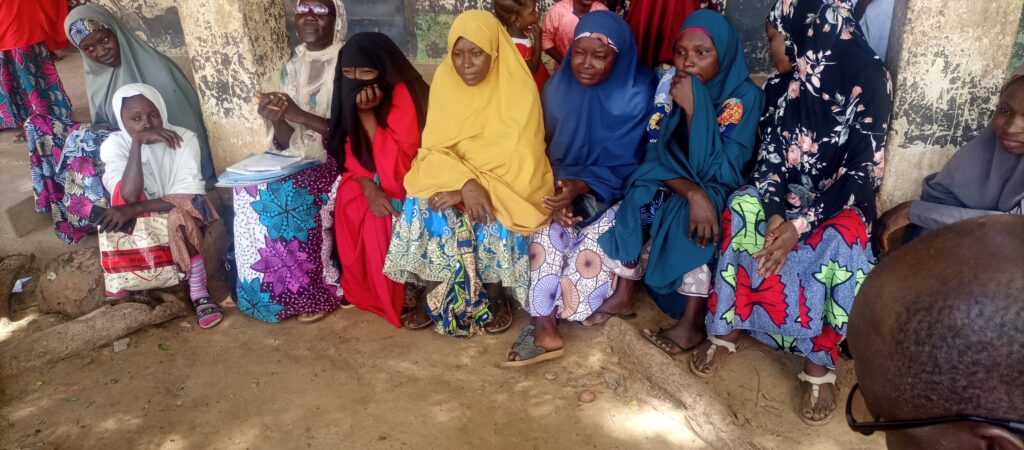
In Government Day Secondary School Achida, a JS 3 student, Hauwa Abubakar narrated that, she was a food vendor for some years, but with the interventiion of UNICEF’s programs such as “G for G” and “He for She”, she discovered the risks involved in street hawking and has stopped going out of her home to sell food.
Acccording to her, she was about to withdraw from her secondary education if not for the interventiion of the UNICEF’s programs that encouraged her to do away with the hawking and concentrate on her studies.
“I nearly withdrew from my school, but because of the training and enlightenment from UNICEF, I have changed my mind and now concentrate on my studies”.
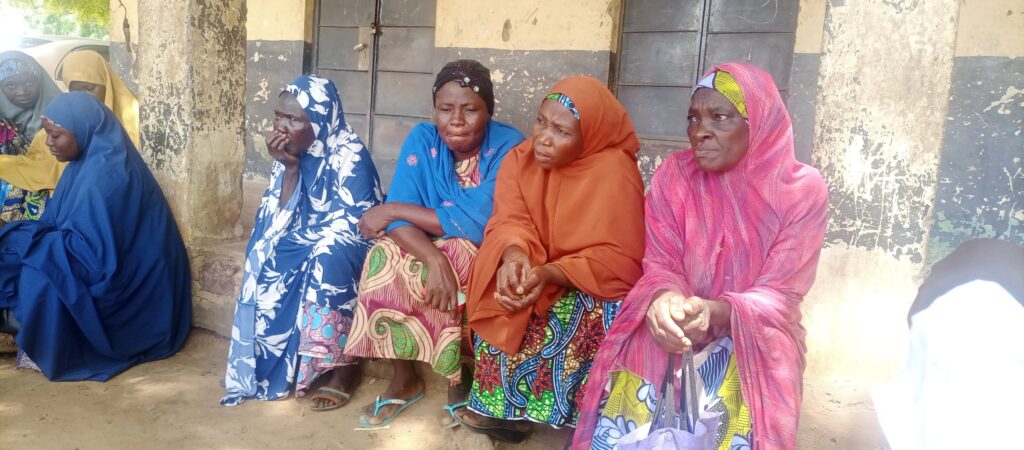
“I will do my best to ensure that I study up to the university level”.
Another female pupil of Sarkin Sudan Model Primary School Wurno who gave her name as Maryam Ibrahim said, she was out of school for two years but has decided to return because of the encouragement she received from mothers association and mentors who were able to convince her mother to allow her to come back to school and stop going to the market as a food vendor.
“My mother was approached by the Mothers Association to allow me to come back to school instead of being a food vendor and after sometimes, she agreed that I should return to school”.
“I am very happy that I am no more going round the town, selling food and I am back to school”.
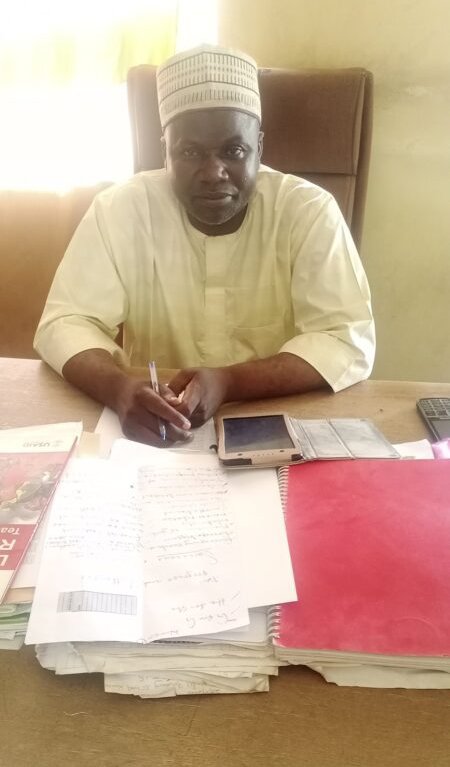
The Coordinator of Mothers association in Sarkin Sudan Model Primary School Wurno, Mrs Zainab Bawa said the UNICEF’s intervention has greatly assisted a lot in encouraging pupils and students to stop street hawking and go to school.
She narrated how members of the Mathers Association struggled hard to enlighten the parents on dangers associated with child hawking, stressing that, a lot of successes were recorded in this direction.
“She said, “I and other four members of the Association used to visit the school to find out if some pupils have stopped coming to the school”.
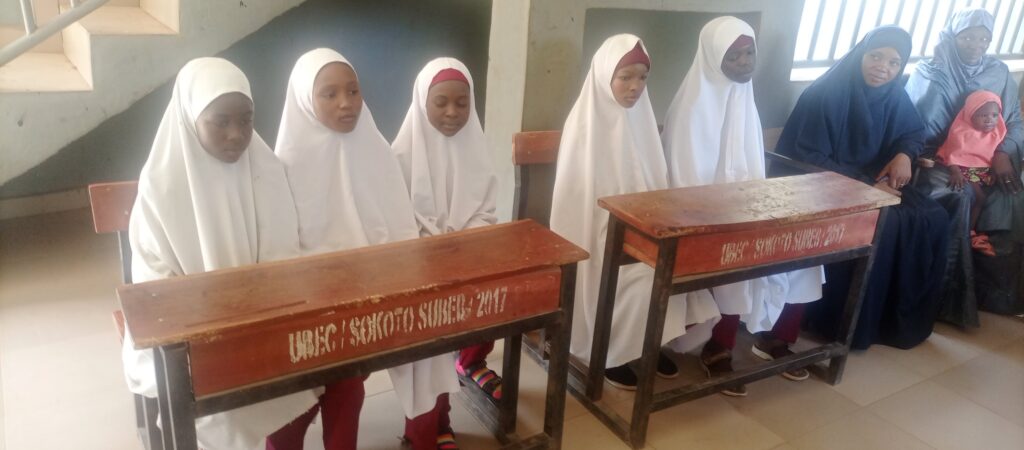
“If in the course of our investigation, we come across the pupils who have stopped attending classes, we will find out the reason why they are not coming to school”.
“In most cases, hawking is the reason for their failures to report to school and we will visit their parents to make sure that we convince them to allow the children to return to school and they do cooperate with us”.
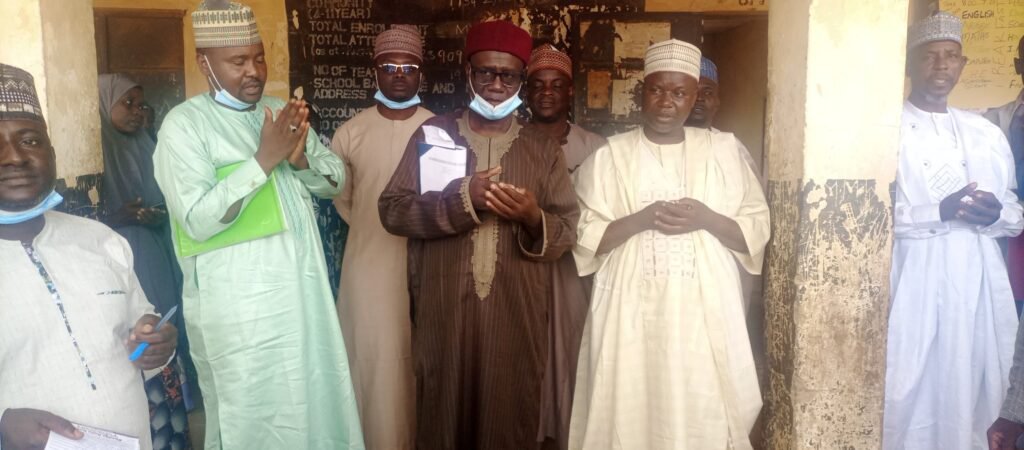
The Education Secretary of the area, Aliyu Usman commended the UNICEF for involving Wurno in the program since 2012.
He said, “with the UNICEF’s intervention, the enrollment figure of school children has drastically increased, while the issue of child hawking is reduced.
Acccording to him, a total number of 21763 females were enrolled in 2019/2020 academic session, while in 2020/2021 academic session, 24, 583 females were enrolled.



